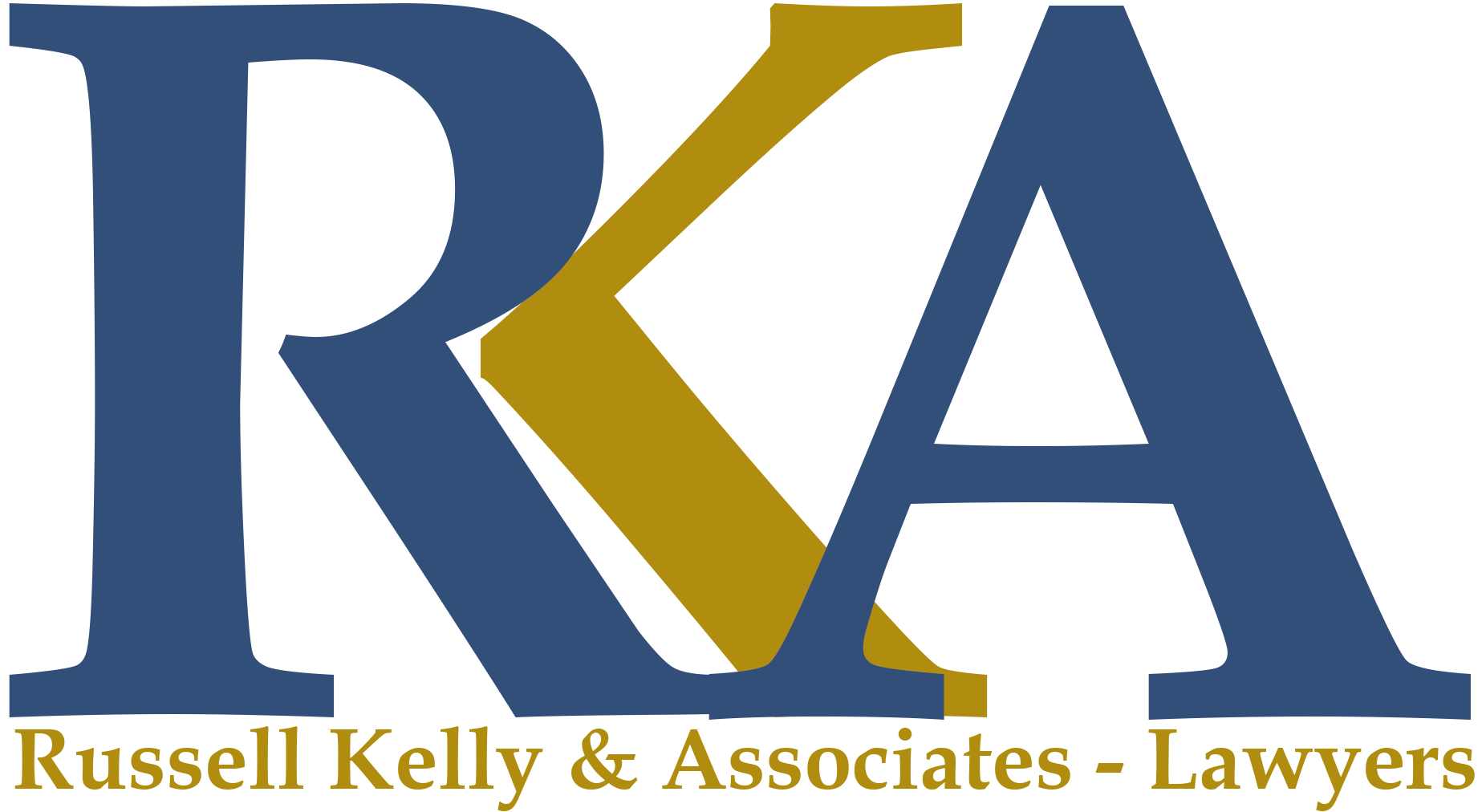After the introduction of land tax and duty surcharges for foreign persons acquiring or holding residential land in NSW, it was thought that discretionary and certain hybrid trust deeds needed to be amended by no later than 31 December 2016 to ensure that the surcharges would not be imposed on those trusts.
Following the announcement by the Office of State Revenue on 1 March 2017, this is no longer the case and trustees can seek an exemption from the surcharges on a case-by-case basis, on the condition that they amend the relevant trust deeds to exclude foreign persons as beneficiaries within 6 months of the exemption being granted.
Foreign person surcharge and discretionary trusts
To recap, from 21 June 2016 where a foreign person acquires residential land they will be liable to an extra 4% stamp duty on the acquisition. Similarly, a foreign person that holds residential land in NSW on any 31 December after 21 June 2016 will pay a 0.75% land tax surcharge on the land.
For the 2017 year and 2% from the 2018 Land Tax year onwards.
A natural person is a foreign person if they are not:
- a citizen of Australian, or
- a permanent resident who has actually been in Australia during 200 or more days of the preceding 12-month period.
A company or the trustee of trust in which a foreign person holds a “substantial interest”, being a 20% interest, is also a foreign person. Where the trust is a discretionary trust or a hybrid trust in which a trustee has discretion to appoint income to wide class of beneficiaries, a person who is capable of benefiting under the trust is deemed to have the maximum percentage interest in the income or property that the trustee may exercise discretion to distribute to them. That is, if under the terms of a trust, the trustee could potentially distribute all of the income or capital of the trust to a foreign person, whether or not they actually do so, the foreign person is treated as having a 100% interest in the trust and the trustee is treated as a foreign person.
The problem is that typically, discretionary trusts and certain hybrid trusts provide for a broad class of beneficiaries who are defined by reference to their relationship to a principal beneficiary. Such beneficiaries may be relatives of the principal beneficiary, or related companies and trusts. These beneficiaries may be persons who are never intended to benefit under the trust and may include foreign persons, which could even be a charity.
This can also impact on indirect interests in residential land of a discretionary trust or hybrid trust. For example, if the trustee of a discretionary trust holds 30% of the shares in a company or 30% of the units in a unit trust that owns residential land in NSW, and the trustee of the discretionary trust is a foreign person because of the rules mentioned above, the company or unit trust will also be a foreign person.
Office of State Revenue concessional approach
On 1 March 2017 the Office of State Revenue issued Revenue Ruling No. G 010 announcing that the Chief Commissioner will adopt an administrative approach to exempt a trustee of a discretionary trust from the foreign person surcharges, on a case by case basis, if the Commissioner is satisfied that the trustee has not been involved in a scheme or arrangement to evade or avoid these taxes. A condition of the grant of the exemption will be that the trust deed be amended within 6 months of the granting of the exemption to the effect that foreign persons are excluded from benefiting under the relevant trust deed.
Exemptions granted by the Commissioner will have retrospective effect from 21 June 2016.
If you have been contacted by the Revenue NSW regarding the foreign person surcharge or believe that a foreign person may be classified as a beneficiary you should contact our office regarding preparation of a Deed of Amendment so as not to be liable for payment of the duty surcharge.
